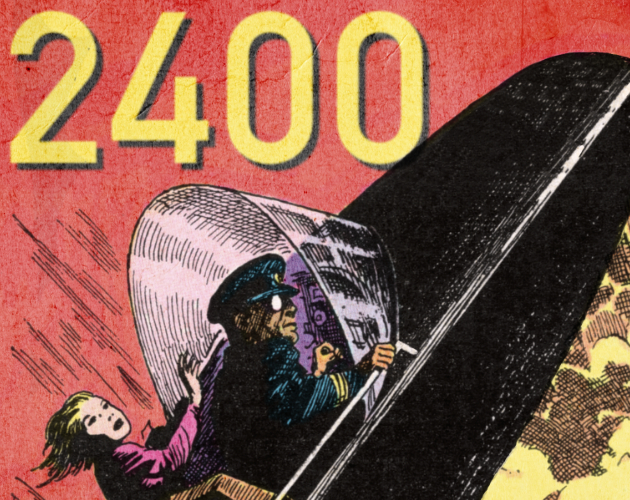Charlaquin
Goblin Queen (She/Her/Hers)
Look, I really don’t think there’s anything of value to be gained by belaboring this point, but if you want to know what specifically about the post I found “venomous,” here you go:Let's look at a dungeon. How does the play in a dungeon progress? The GM describes a room, a quick gloss of possibly interesting contents, the exits, any marks of note, and, of course, any obvious threats. The players then take actions which prompt the GM to expand on any of these. If they search the contents, the GM provides additional information. If they investigate a threat, like a possible trap, they prompt the GM to provide more information. If they investigate a mark of note, they prompt the GM to provide more information. If they exit the room via a noted passage, they prompt the GM to provide more information.
This is clearly how it's supposed to work. It's part and parcel of "exploring the world." You do things to explore the world and the GM serves up more world! If you find this reductionist, if you find this ridicule, you really need to reexamine what you think is happening. This is the crux of play in D&D. There's nothing at all wrong with it -- it's clearly very successful and fun for many people!
Stripping out the mysticism that has built up around how D&D works is bound to be controversial. If you're extremely attached to that mysticism, I suppose it can feel like ridicule. But it's not reductionist, it's a clean description of the core loop of play. GM describes a scene, players take action, this prompts the GM to narrate more of the scene. Yes, there are mechanics the GM can choose to engage with, but many of those mechanics are aimed at success getting more of the details from the GM (perception, investigation, insight all are clear, but even many of the physical skills, like thieves' tools are vehicles to open doors or chests and get more details). I recognize this, and it's made my running of D&D better for recognizing it. I know what my primary job is, at it's core level, and can keep that in mind as I run. One of my main jobs as a 5e GM is to make the setting sing and the players feel they are a part of it. And I do that with deft execution of this loop I've identified.
The implication I took away from this is that the player is pressured to create the kind of character the DM wants them to create. If they want to run a scoundrel campaign and I want to play a goody-good Paladin, we’re gonna have a problem. I also read some resentment towards the hypothetical DM in the scenario into this comment, but on reviewing it, I think that was probably my imagination.Having fully fleshed out character conceptions is almost never a hinderance in 5e. The odds of having that conception challenged are slim, so long as I don't put my conception in direct conflict with the GM's ideas (if the GM is gonna run a scoundrel campaign, and I bring in a goody-goody paladin, then we have issues that are likely to arise). Doing it doesn't harm anything, and actually helps if I really like play-acting because a fleshed out character helps with good characterizations.
This seems to me to suggest that you consider it abnormal for the DM to take into account what the players want out of the game, which is certainly a thing that can happen, but in my experience it’s generally considered bad DMing form. The common advice is that the game is a group experience and while the DM may have final say, it behooves one not to play selfishly; to consider the players’ interests as well as your own and try to create a campaign everyone can enjoy. The fact that you presented the likely state of affairs to be that the DM does not take the players’ conception of their characters into account, again came across as resentment to me.It also doesn't really help, because the GM is unlikely to be pulling in what you've done and making it the point of play.







